A tour of 'Close, Closer': the 2013 Lisbon Architecture Triennale
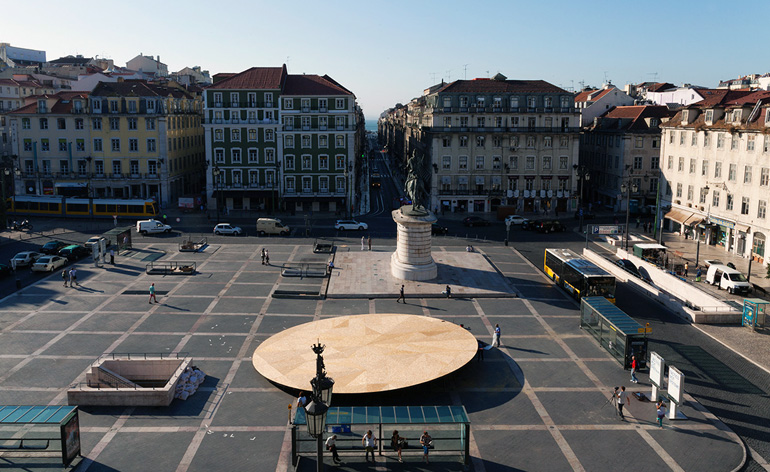
Putting together an architecture festival devoid of buildings might seem a daunting prospect for any organiser. Yet this is exactly what this year's Architecture Triennale in Lisbon, entitled Close, Closer, is bravely offering.
Divisive as it may be, leaving the buildings out of the equation was not an end in itself for the curatorial team. 'The funny thing is that we didn't consider it that bold', explains the British chief curator Beatrice Galilee. 'I never told people not to put buildings in their shows. Our intention was to show the forces that shape architecture before the client comes in. We did not do this because we hate buildings or as a reactionary act.'
The premise is certainly a recipe for sparking debate, closing the gap between architecture practice and theory and focusing on the things, situations and people that help shape today's architecture, rather than the buildings themselves.
In its structure, the Triennale is straightforward and consistent, with common threads, such as themes of control, participation and architecture's dialogue with its various influencers (such as technology, or independent organisations), running through its four main events.
Three of them are exhibitions; The Institute Effect, curated by writer and curator Dani Admiss and designed by Italian collective Fabrica, focuses on the role of architecture institutes. 'From the beginning, I had quite a clear idea of what I wanted to talk about: all the other forms of architecture practice', says Galilee. 'The Institute Effect is about the people who frame our understanding of architecture.' The show engages with 12 organisations from as far away as the US and Mexico, presenting a series of events during the festival.
Future Perfect, created by Liam Young, is an experimental look into the future of architecture and includes installations and performances by designers such as Bart Hess. 'We need big visions and bold gestures', says Young. 'It is not a time to retreat'.
Meanwhile, The Real and Other Fictions, orchestrated by Portuguese architect Mariana Pestana, takes its cue from one of the city's historical landmarks, the Palacio Pombal, revisiting its spaces and re-imagining its past uses in a series of installations that incite debate and participation.
The fourth leg of the festival, New Publics, is a public program of performances overseen by José Esparza Chong Cuy. This included a creative re-imagining of Charles and Ray Eames' Powers of Ten documentary from 1977, by Spanish architect Andres Jaque and The Office of Political Innovation, called Superpowers of Ten. 'We wanted an alternative to the more traditional conference form, for our public program', explains Galilee. The result was a round civic stage designed by Frida Escobedo in central Lisbon that anybody could apply to use.
Many smaller collateral shows are peppered around town, many of these funded by the Triennale's Small Grants Program: Crisis Buster, that awarded a small sum to interdisciplinary teams - including Paris based collective EXYZT - to realise their proposals. Openly aiming to focus on young practices rather than established ones, the Triennale's team admittedly includes mostly non-Portuguese participations, although several local institutions are in dialogue with their international counterparts in the many interactive offerings.
Mirroring Portugal's ongoing economic woes, the Triennale sadly suffered from lack of steady funding, which, as Galilee admits, in many cases forced them to scale things down. 'All biennales are different. Nevertheless, there are of course things that you don't see here that you see in others, like big monographic exhibitions,' she explains. But economic restraints engender creative thinking. 'Working like this makes it difficult to make anything conventional,' Galilee adds. And, while the Lisbon event might not offer the drama and glamour of the Venice Biennale, it does create a valuable platform for debate and a fertile ground for the exchange of ideas, within the country and beyond.
Wallpaper* Newsletter
Receive our daily digest of inspiration, escapism and design stories from around the world direct to your inbox.
Lisbon's rich urban and natural landscape also chipped in, offering a selection of beautiful venues, which were just as worth visiting; an old bank, complete with its underground vaults, houses the city's Design Museum as well as The Institute Effect; the Electricity Museum and Future Perfect are located in an old industrial power plant; and the stunning, yet neglected Palacio Pombal, the home of The Real and Other Fictions, sits in one of the city's finest neighbourhoods, Bario Alto, and has served in the past, among other uses, as a residence and an embassy.
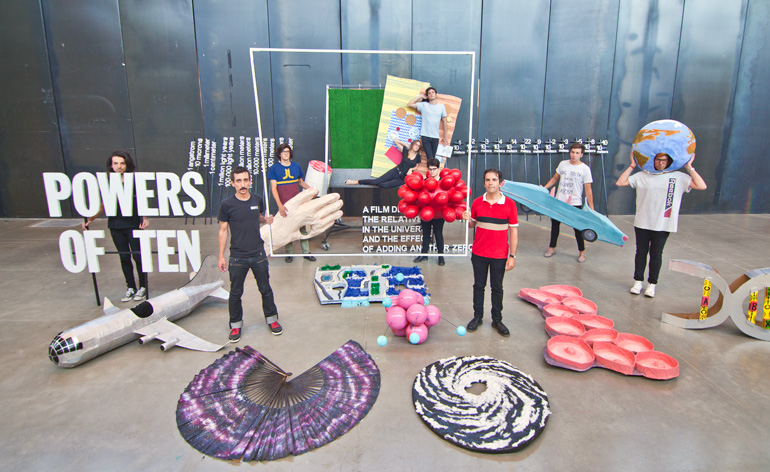
The programme, overseen by Jose Espanza, includes a creative re-imagining of Charles and Ray Eames' Powers of Ten documentary from 1977.
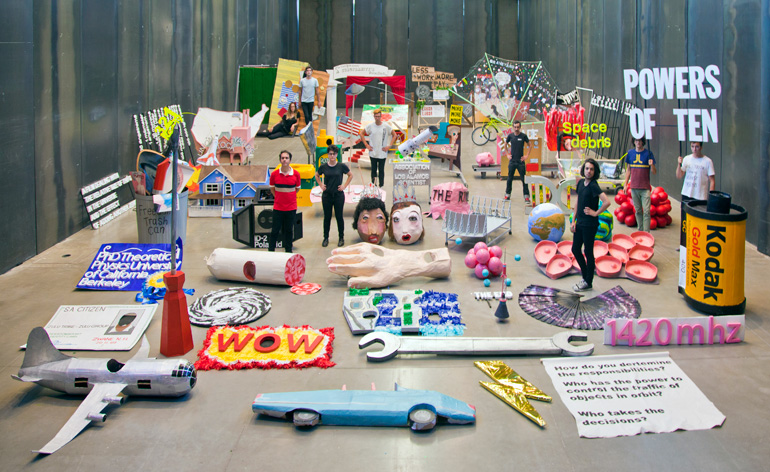
Called SuperPowers of Ten, the play was created by Spanish architect Andres Jaque and his team, The Office of Political Innovation.
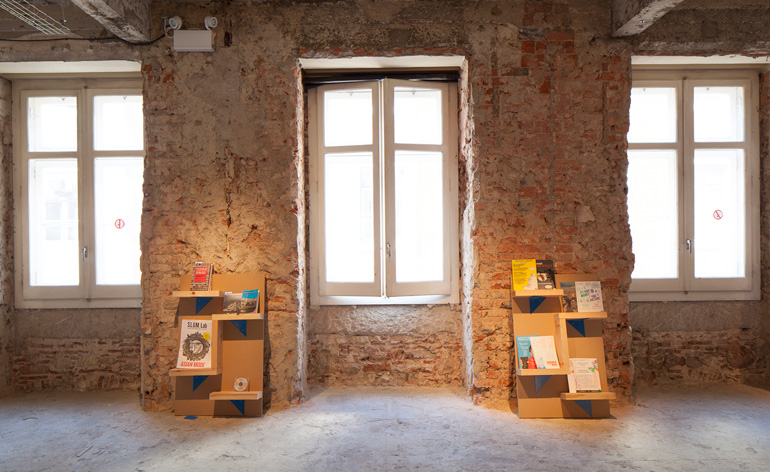
The Museum of Design is playing host to the Institute Effect, an exhibition focusing on the role of architecture institutes from around the world. The show is curated by Dani Admiss.
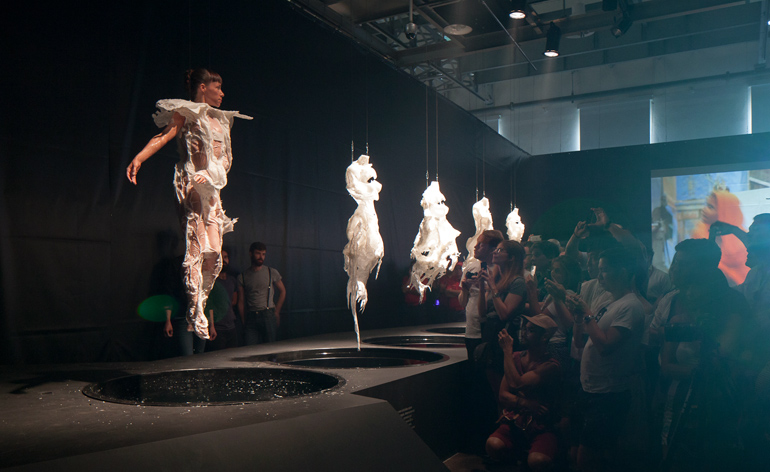
The Future Perfect exhibition, curated by designer, critic and curator Liam Young, includes installations and performances by international designers, such as Bart Hess, whose work is pictured here.
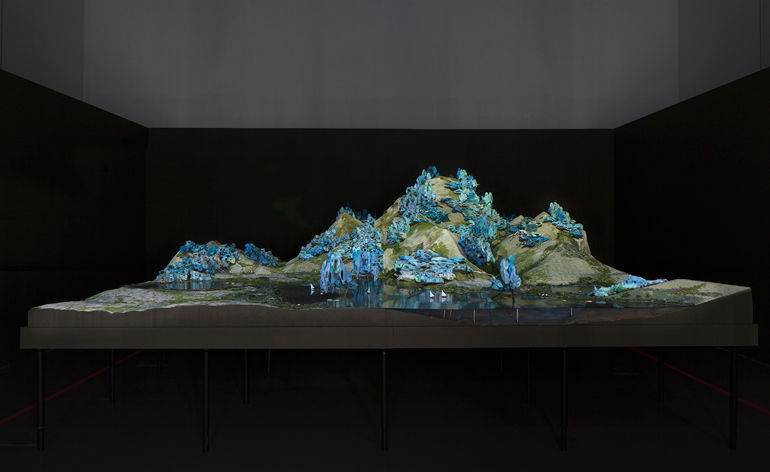
Future Perfect offers an experimental look into the future of architecture, highlighting the relationship between architecture and technology. This futuristic landscape is by Marshmallow Laser Feast, from the UK.
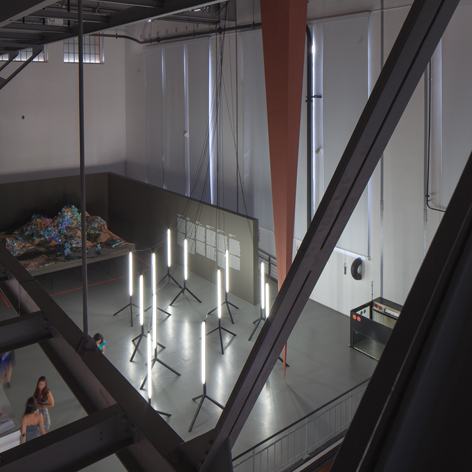
Housed in the impressive Electricity Museum of Lisbon, Future Perfect includes everything from models to film and dance performances.
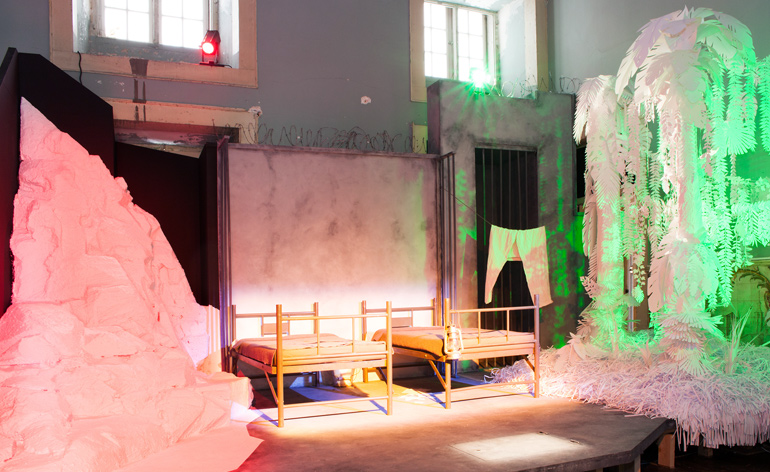
The Real and Other Fictions exhibition, orchestrated by Portuguese architect Mariana Pestana, takes its cue from one of the city's historical landmarks, the Palacio Pombal, revisiting its spaces and re-imagining its past uses in a series of installations that incite debate and participation. Pictured, is the work of Noam Toran and Onkar Kular.
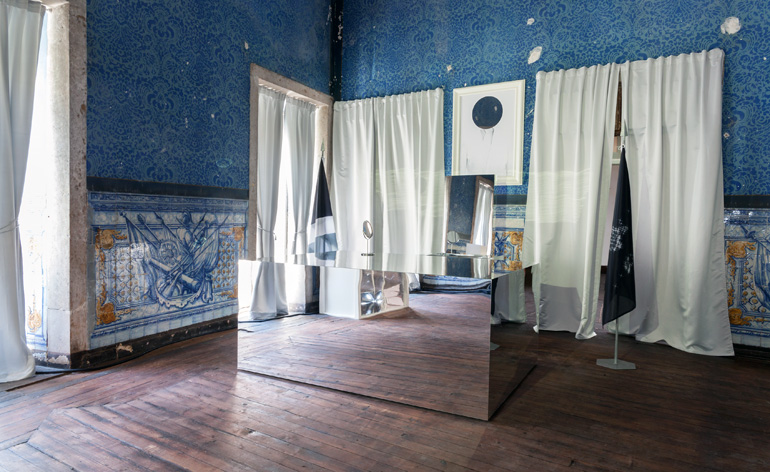
An installation in Palacio Pombal by Paulo Moreira and Kiluanji Kia Henda.
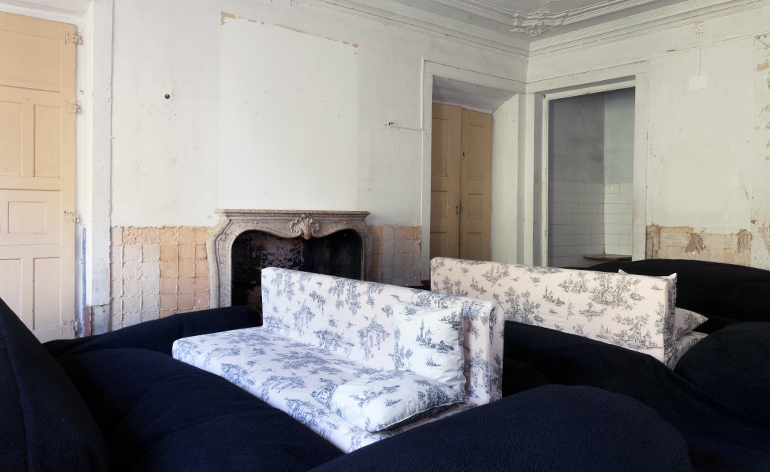
The installations act like interventions in various rooms in the palace. This room, devised by Alex Schweder, currently features an inflatable floor.
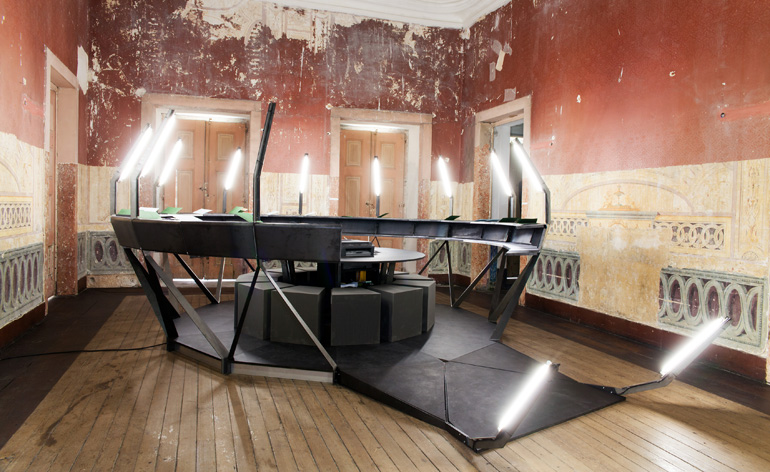
All of the rooms in The Real and Other Fictions are interactive. This space is by Friendly Fire.
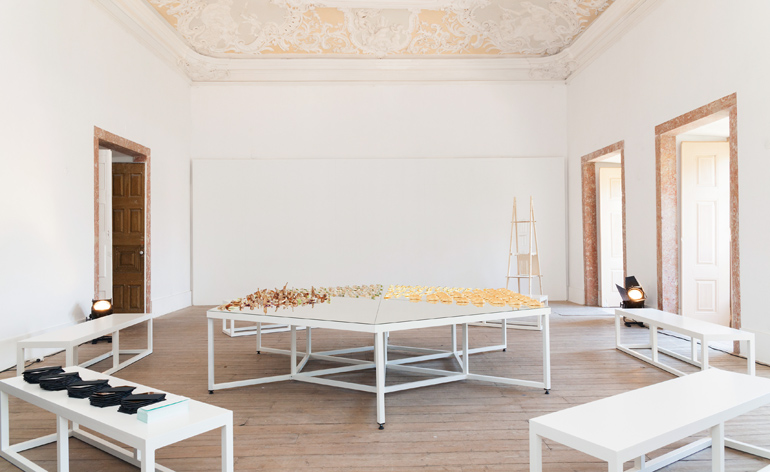
One of Palacio Pombal's rooms, devised by Center for Genomic Gastronomy, is set up as a dining space and will host dinners and debates in the next few days of the festival.
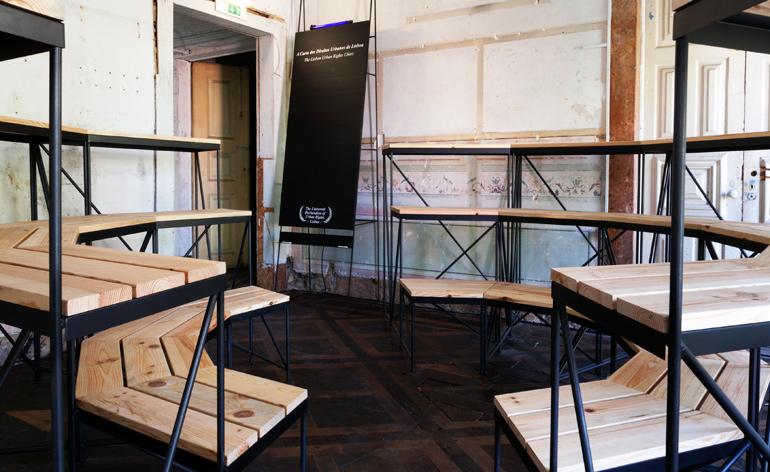
Another room, by Zuloark, is set up as a 'parliament' room, which visitors are encouraged to use for debate and exchange of ideas
Ellie Stathaki is the Architecture & Environment Director at Wallpaper*. She trained as an architect at the Aristotle University of Thessaloniki in Greece and studied architectural history at the Bartlett in London. Now an established journalist, she has been a member of the Wallpaper* team since 2006, visiting buildings across the globe and interviewing leading architects such as Tadao Ando and Rem Koolhaas. Ellie has also taken part in judging panels, moderated events, curated shows and contributed in books, such as The Contemporary House (Thames & Hudson, 2018), Glenn Sestig Architecture Diary (2020) and House London (2022).
-
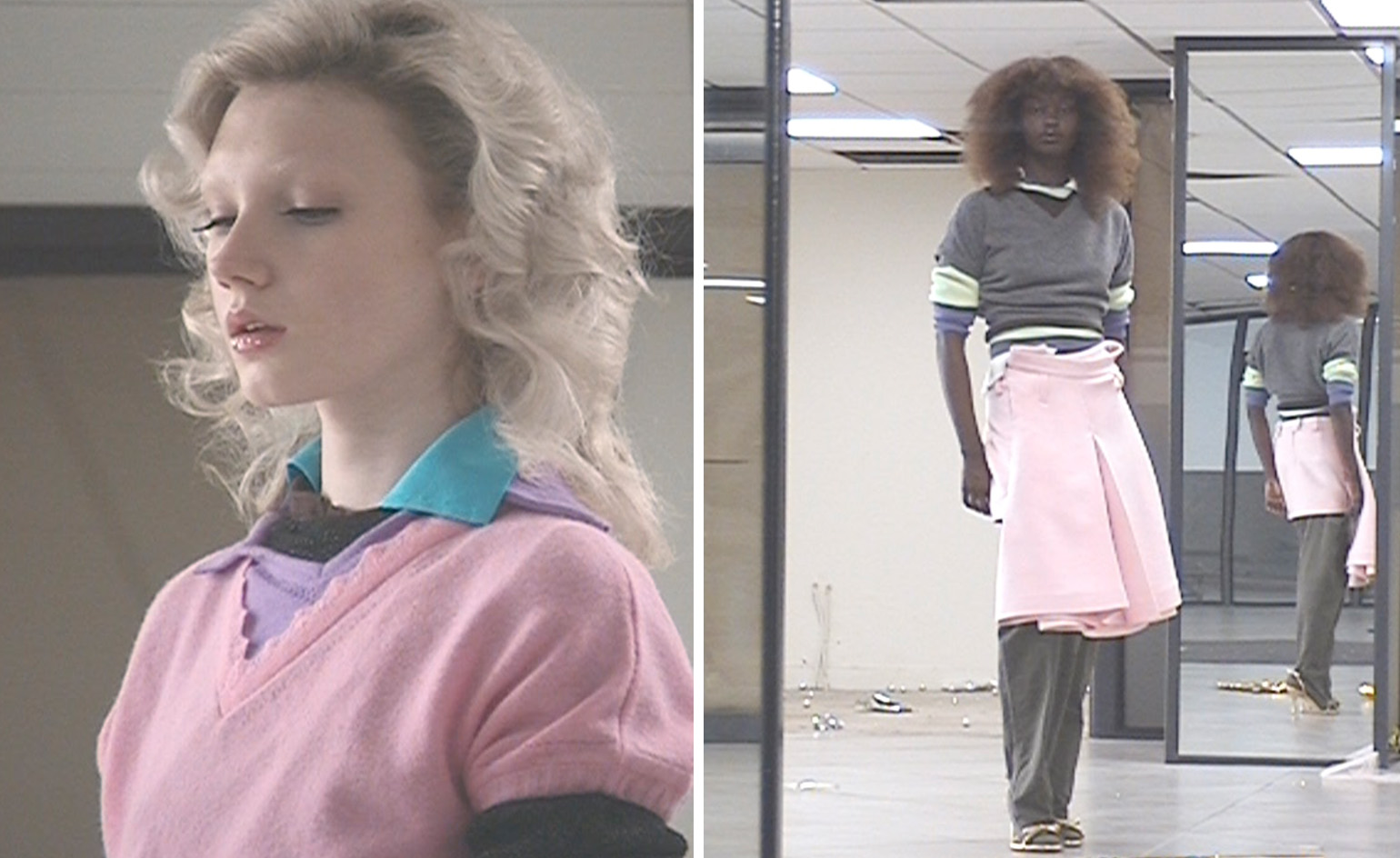 All-In is the Paris-based label making full-force fashion for main character dressing
All-In is the Paris-based label making full-force fashion for main character dressingPart of our monthly Uprising series, Wallpaper* meets Benjamin Barron and Bror August Vestbø of All-In, the LVMH Prize-nominated label which bases its collections on a riotous cast of characters – real and imagined
By Orla Brennan
-
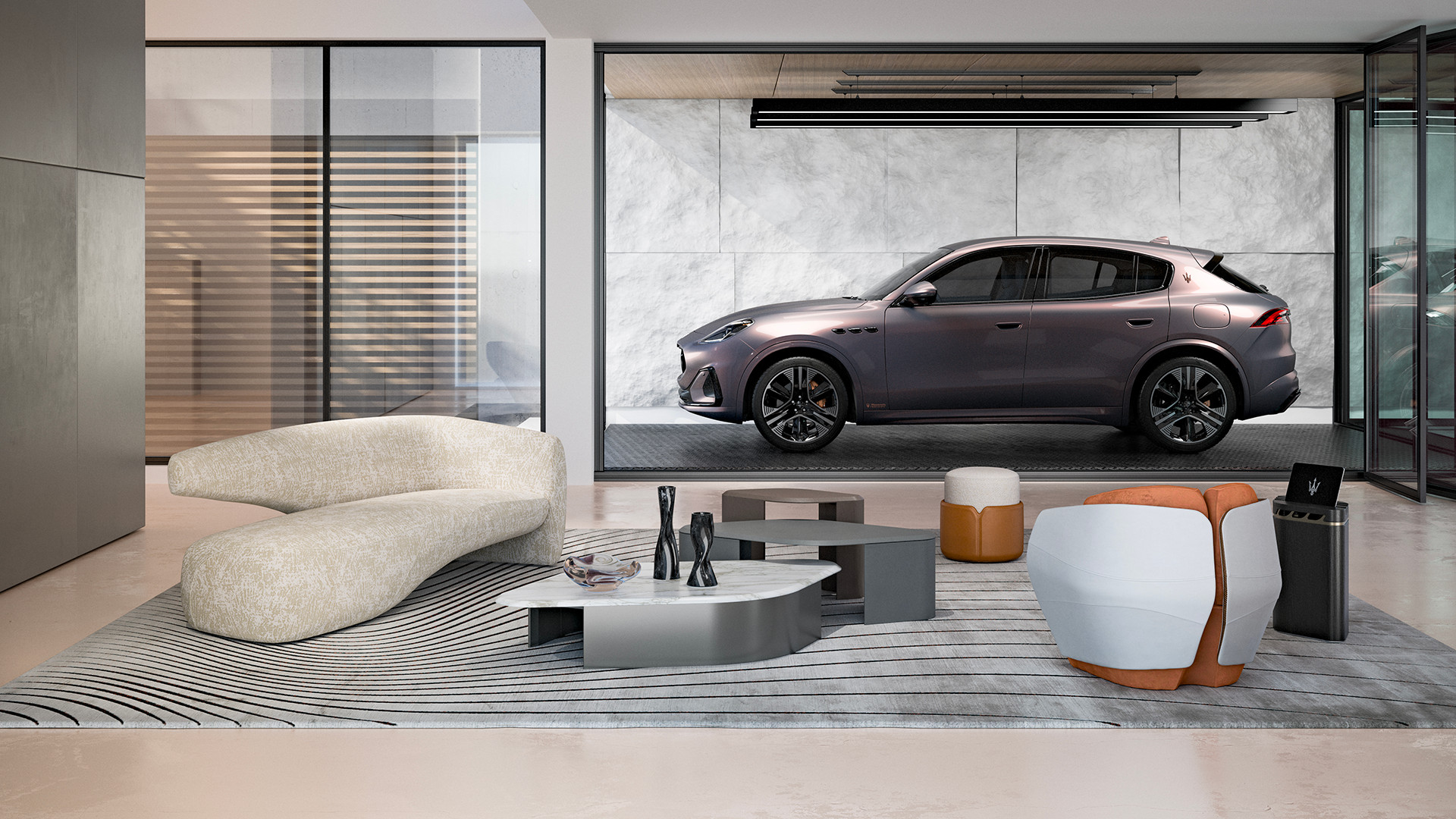 Maserati joins forces with Giorgetti for a turbo-charged relationship
Maserati joins forces with Giorgetti for a turbo-charged relationshipAnnouncing their marriage during Milan Design Week, the brands unveiled a collection, a car and a long term commitment
By Hugo Macdonald
-
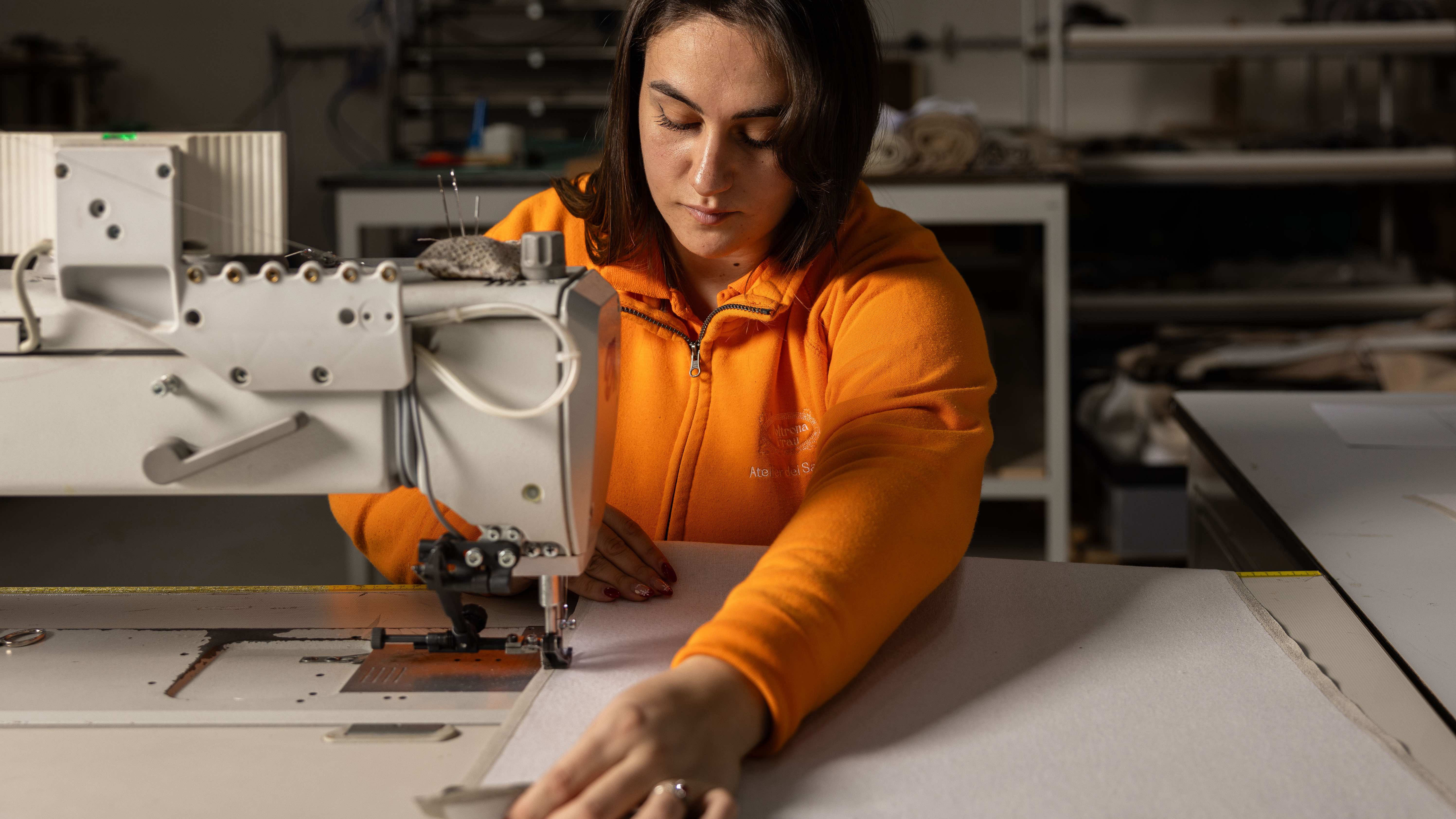 Through an innovative new training program, Poltrona Frau aims to safeguard Italian craft
Through an innovative new training program, Poltrona Frau aims to safeguard Italian craftThe heritage furniture manufacturer is training a new generation of leather artisans
By Cristina Kiran Piotti
-
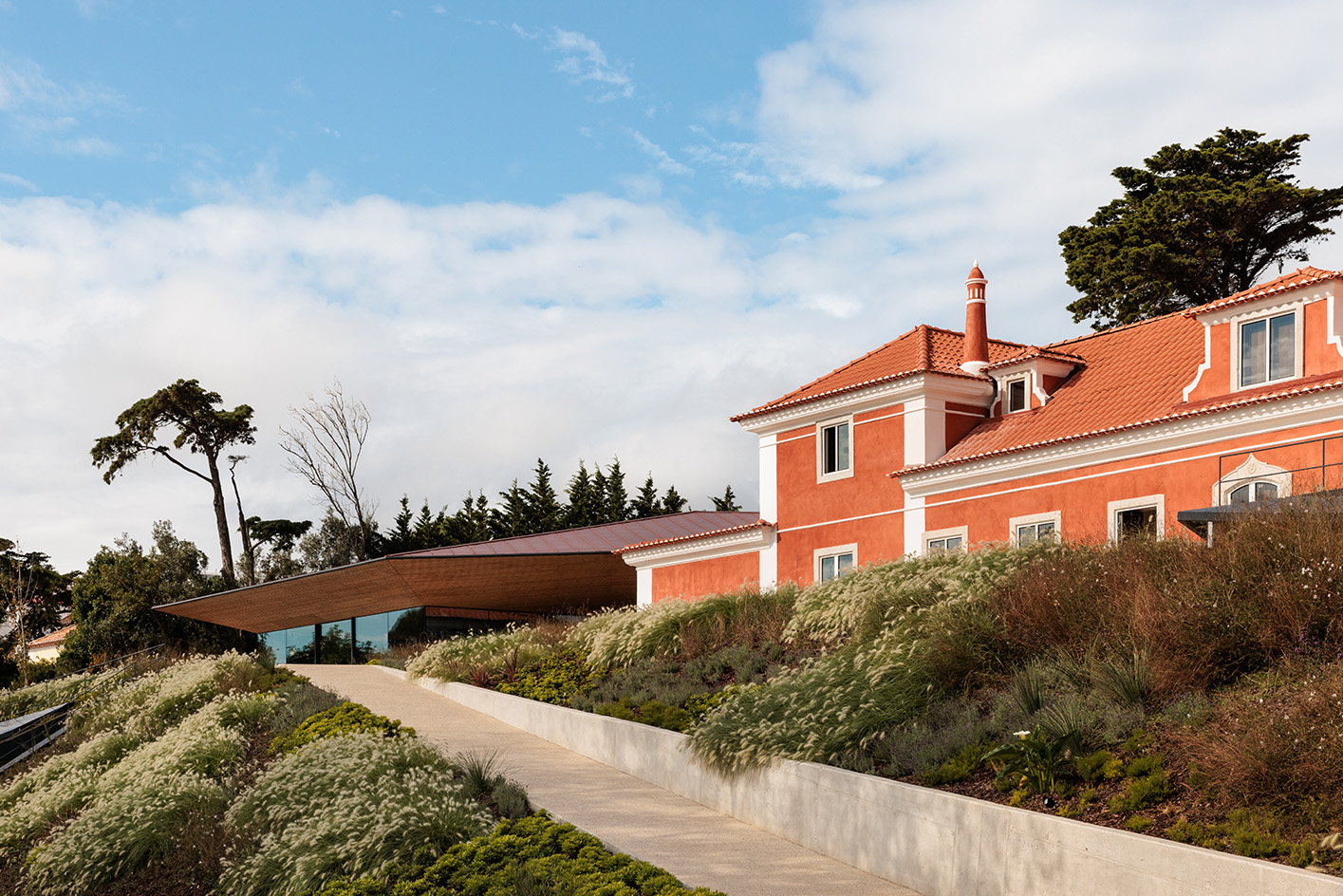 Tour the Albuquerque Foundation, Portugal’s new ceramics hub, where the historic and contemporary meet
Tour the Albuquerque Foundation, Portugal’s new ceramics hub, where the historic and contemporary meetA new cultural destination dedicated to ceramics, The Albuquerque Foundation by Bernardes Arquitetura opens its doors in Sintra, Portugal
By Ellie Stathaki
-
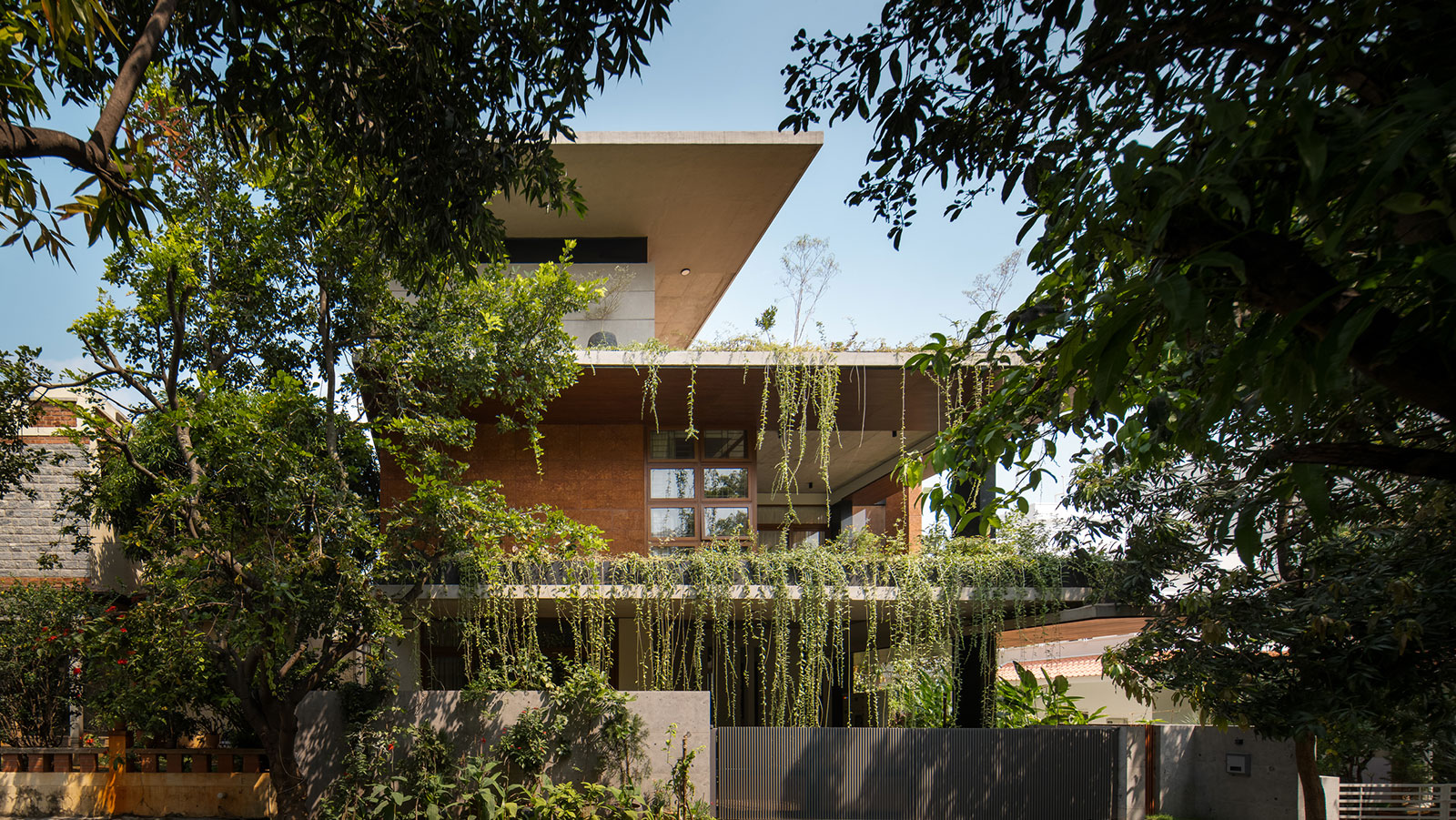 Year in review: the top 12 houses of 2024, picked by architecture director Ellie Stathaki
Year in review: the top 12 houses of 2024, picked by architecture director Ellie StathakiThe top 12 houses of 2024 comprise our finest and most read residential posts of the year, compiled by Wallpaper* architecture & environment director Ellie Stathaki
By Ellie Stathaki
-
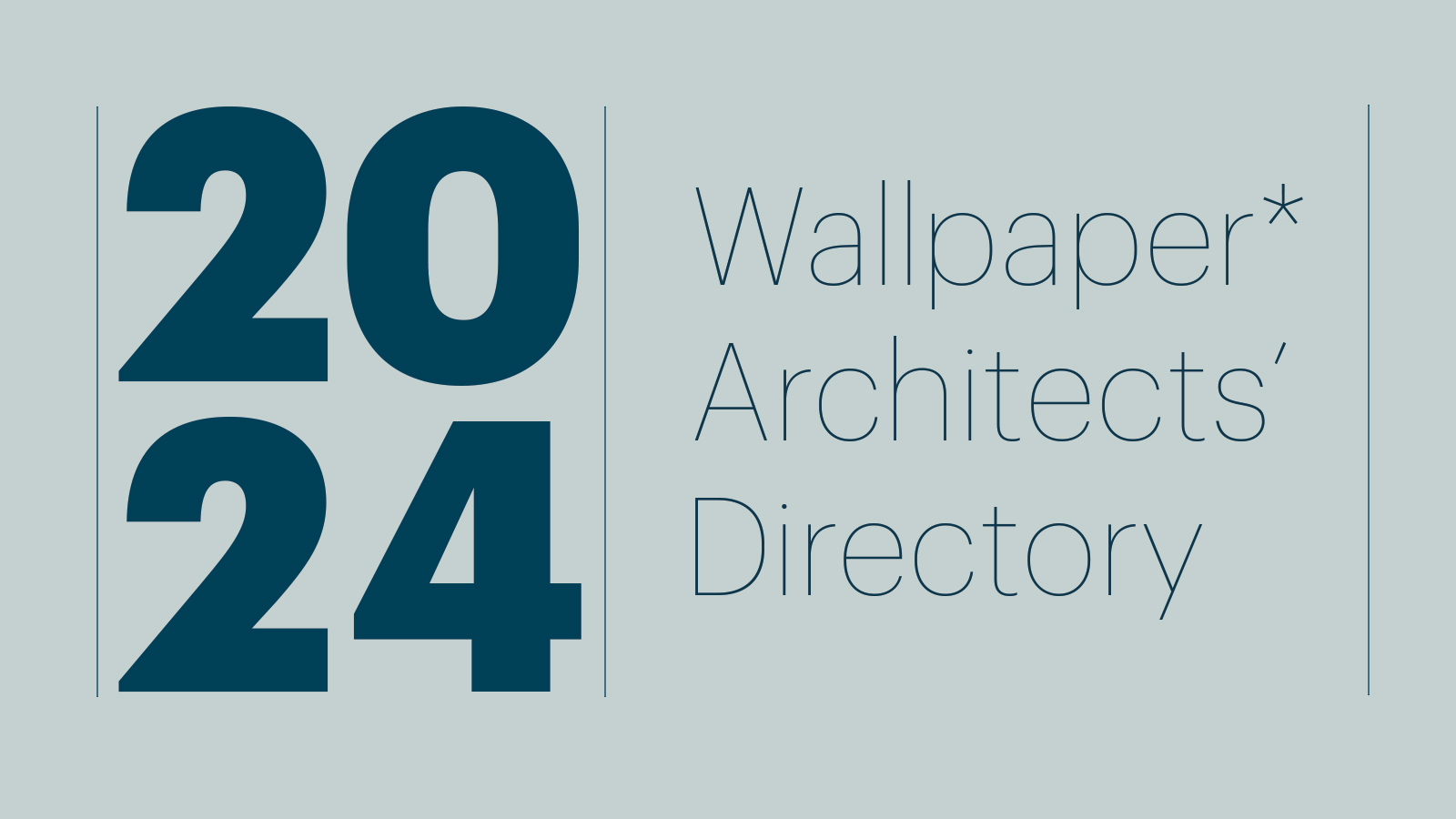 Wallpaper* Architects’ Directory 2024: meet the practices
Wallpaper* Architects’ Directory 2024: meet the practicesIn the Wallpaper* Architects Directory 2024, our latest guide to exciting, emerging practices from around the world, 20 young studios show off their projects and passion
By Ellie Stathaki
-
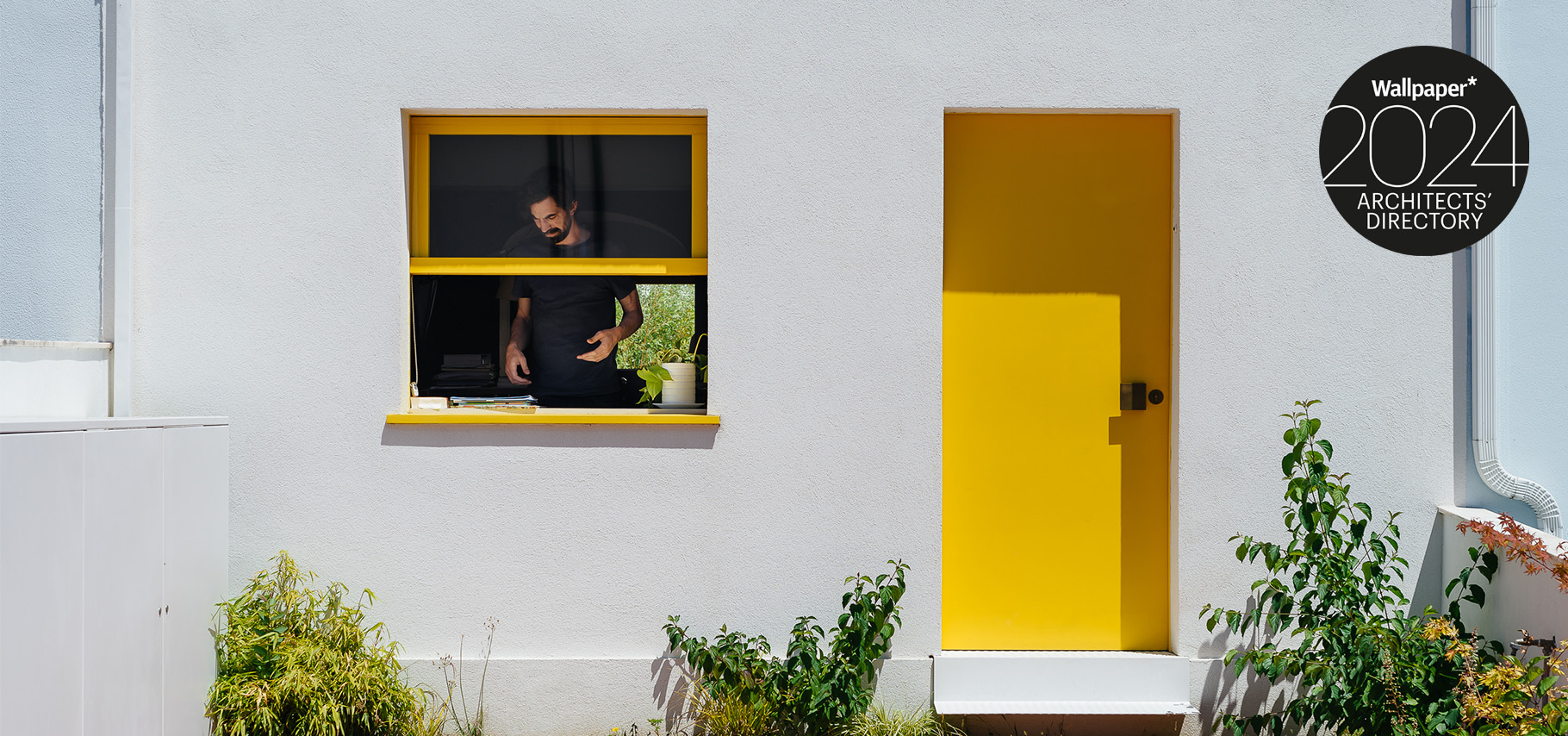 Branco del Rio's House AA8 brings a pop of colour to its Portuguese neighbourhood
Branco del Rio's House AA8 brings a pop of colour to its Portuguese neighbourhoodBased in Portugal, Branco del Rio Arquitectos joins the Wallpaper* Architects’ Directory 2024, our annual round-up of exciting emerging architecture studios
By Tianna Williams
-
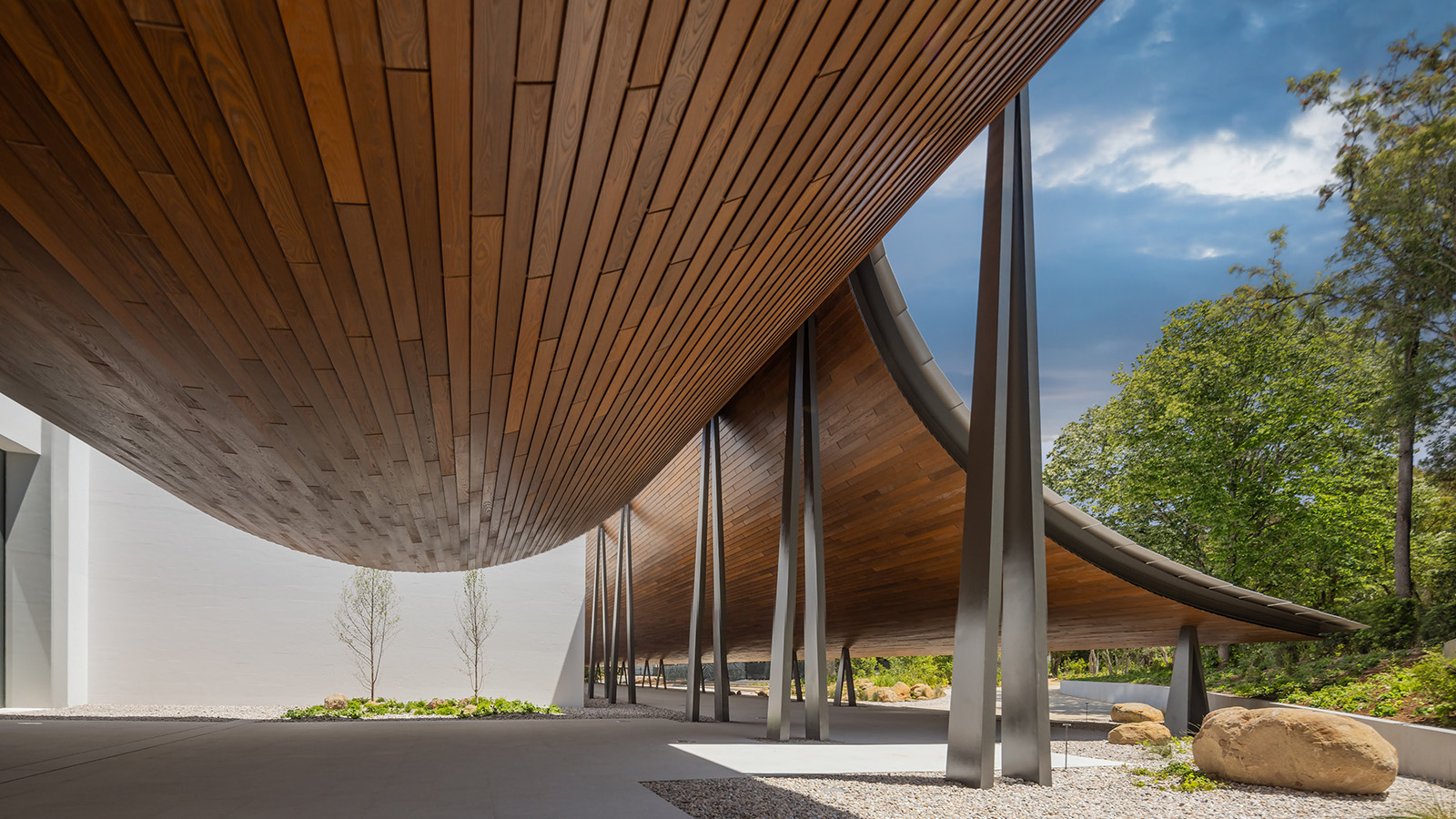 Gulbenkian Foundation's new art centre by Kengo Kuma is light and inviting
Gulbenkian Foundation's new art centre by Kengo Kuma is light and invitingLisbon's Gulbenkian Foundation reveals its redesign and new contemporary art museum, Centro de Arte Moderna (CAM), by Kengo Kuma with landscape architects VDLA
By Amah-Rose Mcknight Abrams
-
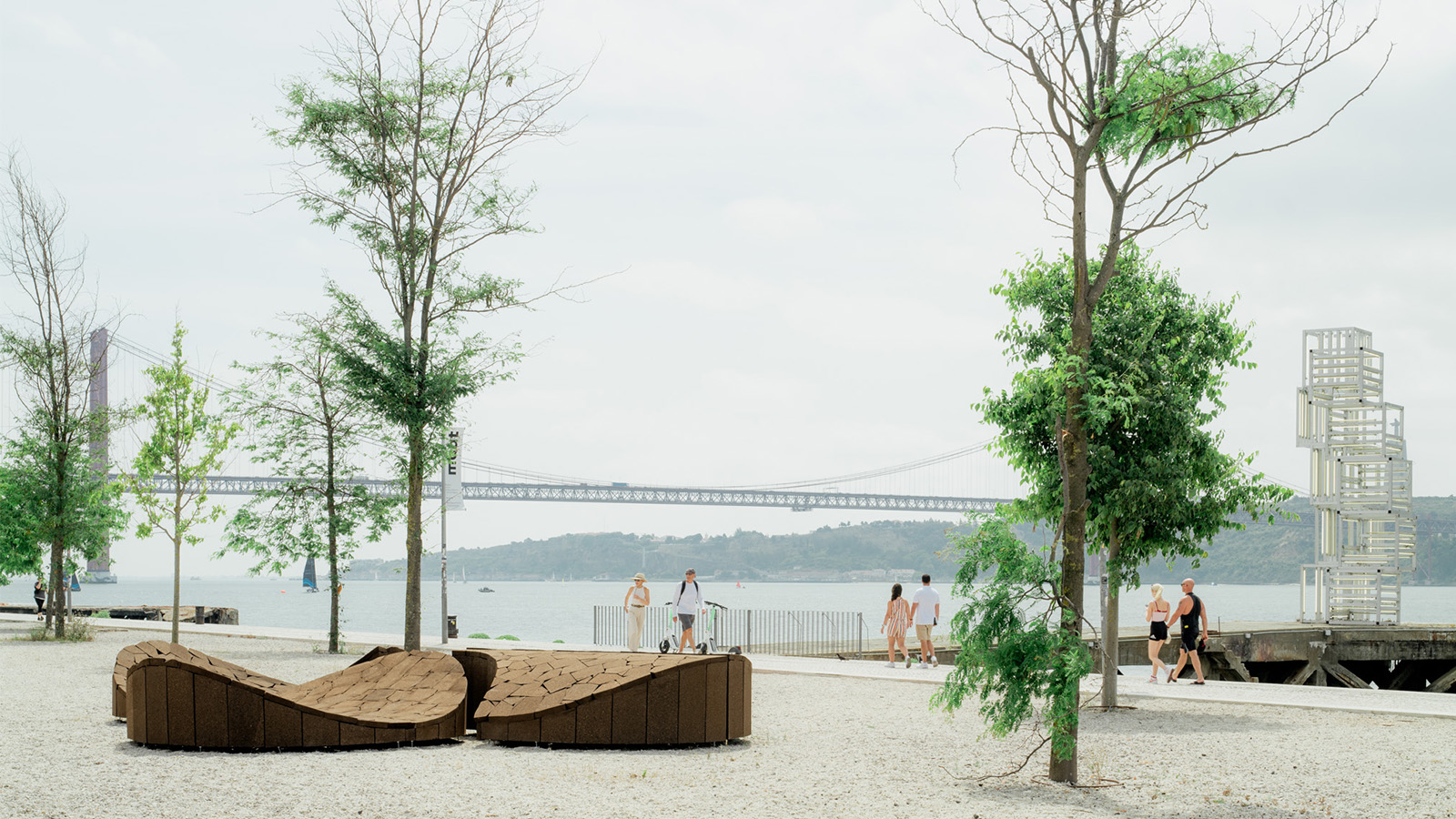 City Cortex celebrates cork’s versatility with public installations in Lisbon
City Cortex celebrates cork’s versatility with public installations in LisbonCity Cortex, an urban project in Lisbon developed by Amorim, celebrates cork as a sustainable material with installations by Gabriel Calatrava, Leong Leong, Yves Behar and more
By Nana Ama Owusu-Ansah
-
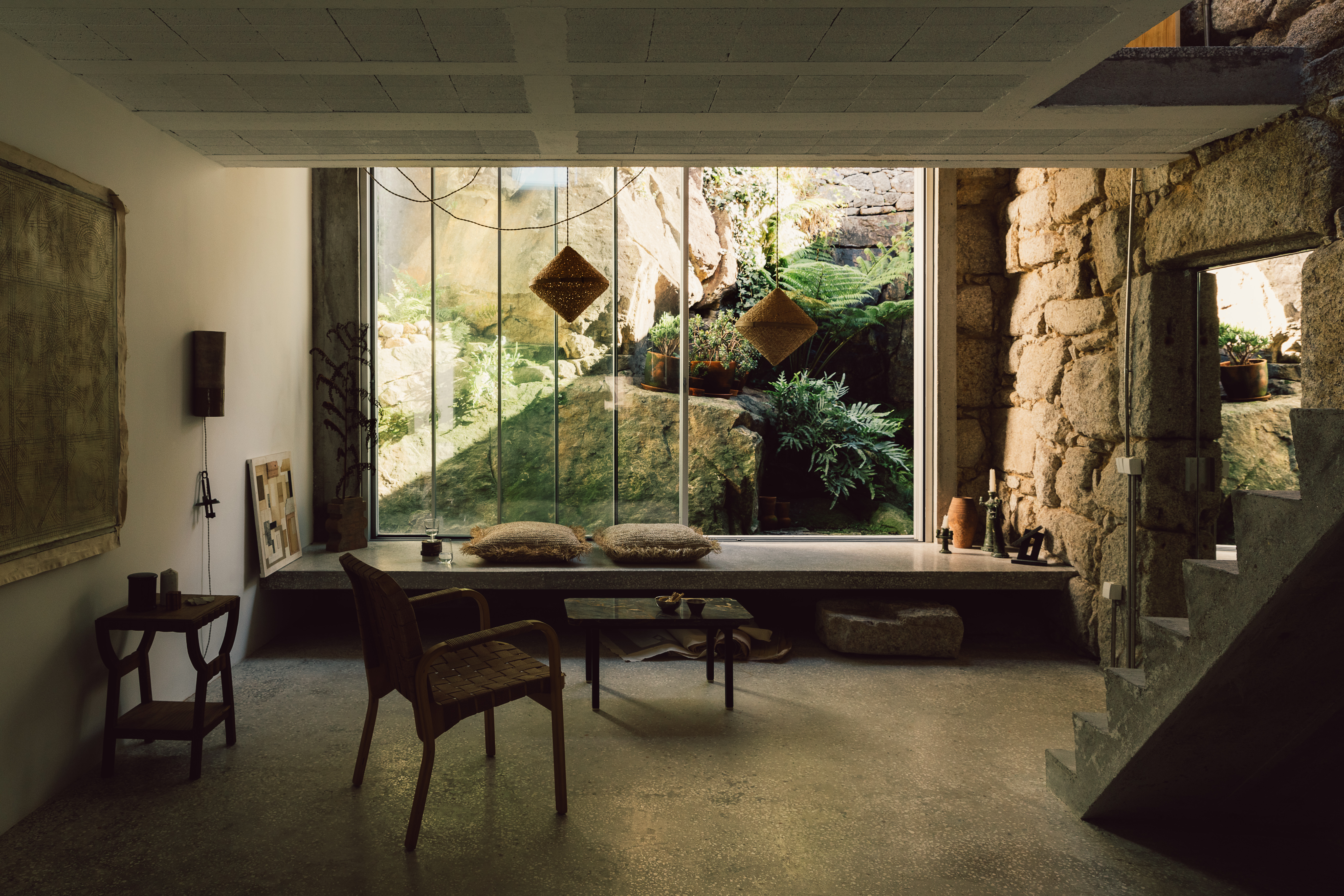 Casa e a Pedra is a Porto home emerging from a rocky context
Casa e a Pedra is a Porto home emerging from a rocky contextCasa e a Pedra by architect François Leite is an urban residential reinvention in Porto, Portugal
By Ellie Stathaki
-
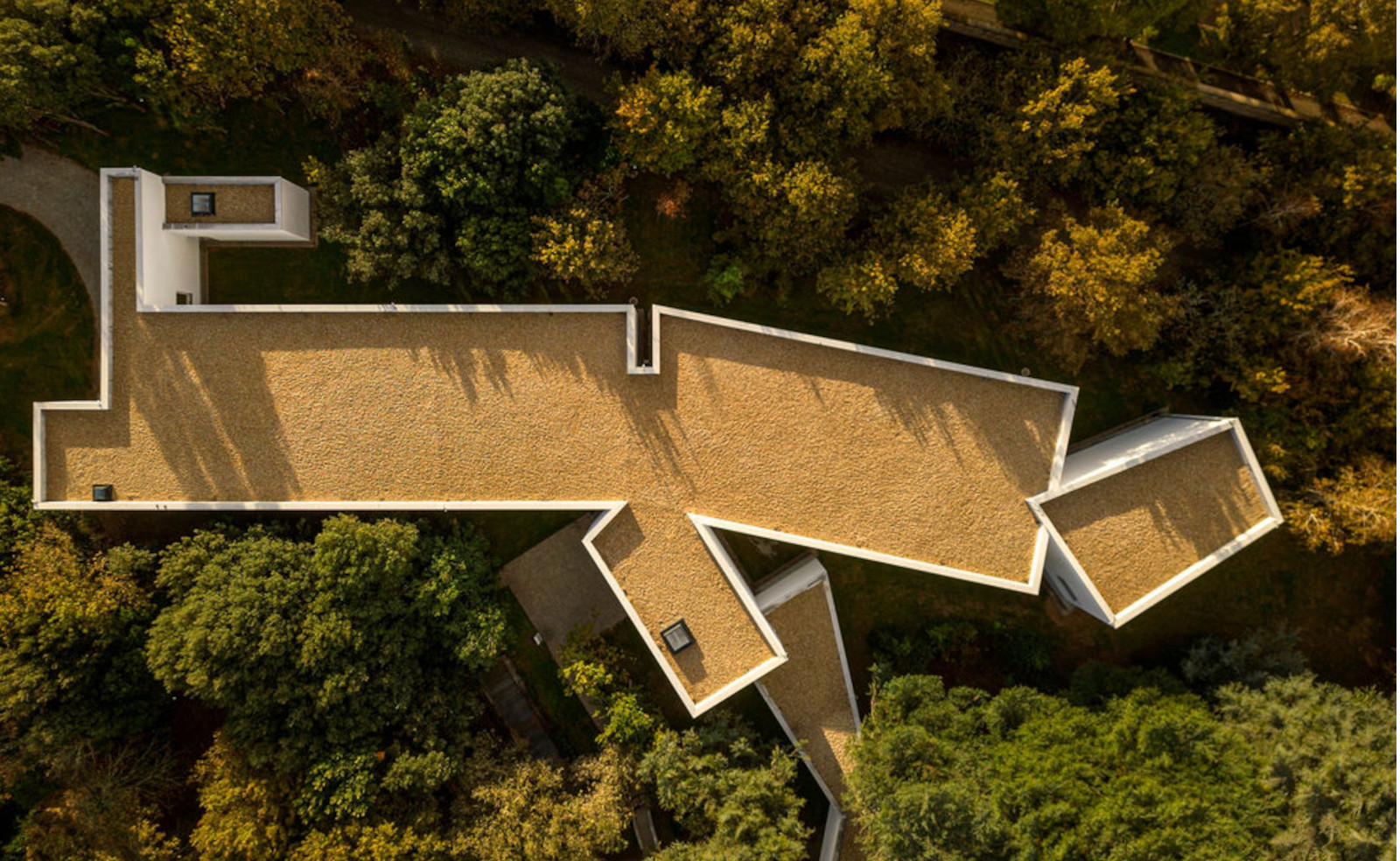 Álvaro Siza Wing expands archive and exhibition space in Porto’s Museu Serralves
Álvaro Siza Wing expands archive and exhibition space in Porto’s Museu SerralvesÁlvaro Siza returns to Serralves Museum of Contemporary Art in Porto, crafting his namesake new wing that just opened to the public
By Josh Fenton